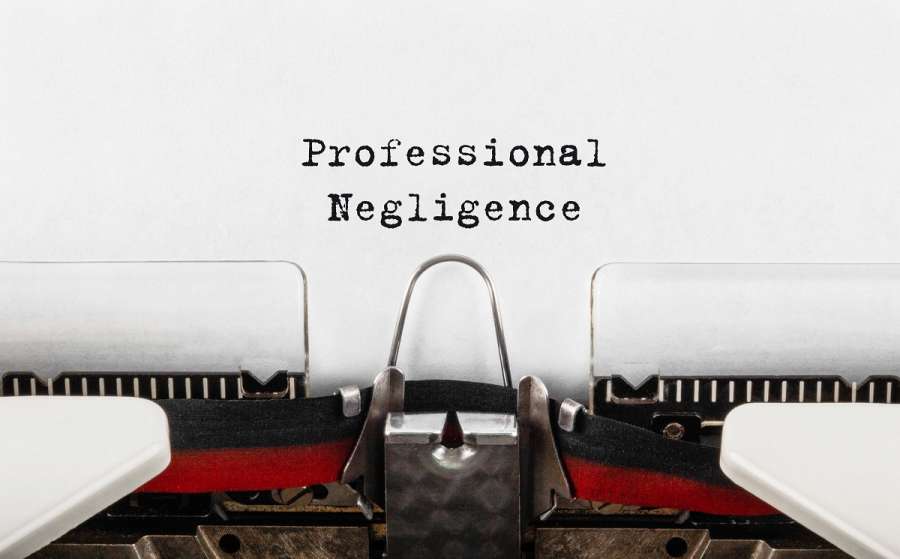Professional negligence may occur when a professional acting for you does something wrong, which results in you suffering financial loss.
The type of professional you can bring a claim against is someone you have paid to provide an expert service to you, such as a solicitor, barrister, surveyor, architect, accountant, financial advisor, or tax advisor.
This is because the professional has a duty to act for you with the care and skill expected from a reasonably competent professional acting within that area of expertise.






